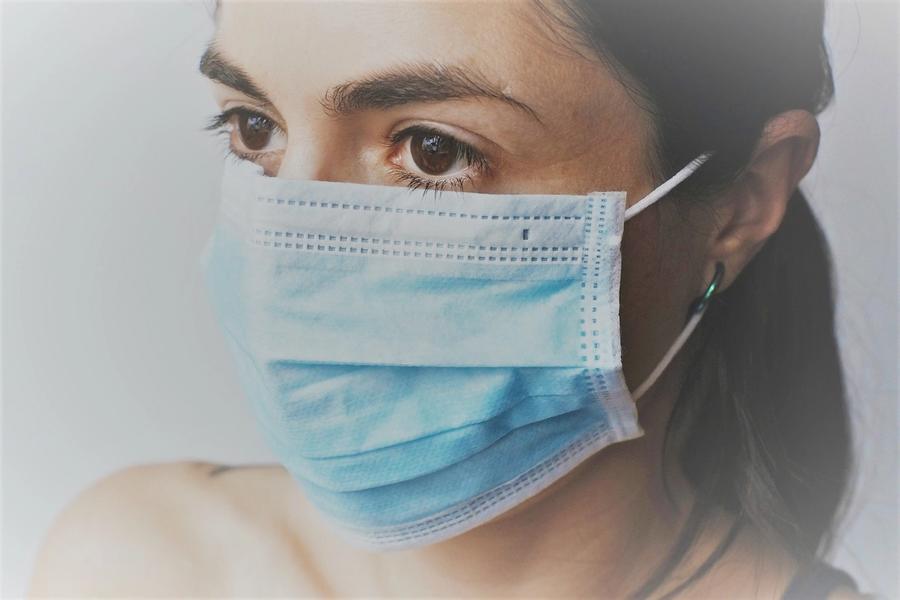
COVID-19 quarantine: Vacation not to be taken into account only with medical certificate of incapacity for work (Regional Labour Court Düsseldorf (LAG), ruling of 15 October 2021 - 7 Sa 857/21)
Offenbach am Main • 2021 October, 20If an employee gets infected with COVID-19 during their leave, they must obtain a medical certificate stating that they are unable to work due to the infection. Otherwise, the employer does not have to grant the employee additional vacation time. The official notice ordering quarantine is not sufficient in this respect.
The facts of the case (shortened and simplified):
The employee was on vacation from 10 December 2020 until 31 December 2020. After a COVID-19 infection had been diagnosed, the health department ordered domestic quarantine from 06 December 2020 until 23 December 2020 in a letter dated 17 December 2020. The letter pointed out that the employee was to be regarded as sickin accordance with section 2 no. 4 Infection Protection Act (IfSG). However, the employee did not get a sick leave prescription from their doctor.
The employee now demands that the employer grantsthem ten additional vacation days for the period from 10 December 2020 to 23 December 2020 and is of the opinion that these have not been used due to the quarantine imposed by the health department.However, the employer is of the opinion that they havegranted the respective vacation time to the employee for this period.
The ruling was neither successful in the first or second instance, but the Regional Labour Court(LAG) allowed the appeal, so the ruling is not final. It therefore remains to be seen whether the BAG will also have to take a position on this.
According to the Regional Labour Court (LAG), § 9 German Federal Leave Act (BUrlG) differentiates between sickness and the inability to work based on this sickness. The two terms are not equivalent. According to this, the vacation days that are not taken into account in the case of vacation that has already been granted requires that the employee has a sick leave prescription from their doctor. This is not the case here. The letter of the health department only states that the plaintiff was sick with COVID-19. An assessment of the plaintiff's ability to work by a doctor was not made.
An analogue application of § 9 German Federal Leave Act (BUrlG)can also not be considered. According to the conception of the German Federal Leave Act (BUrlG), occurrences interfering with an employee’s vacation basically fall within the risk area of the individual employee. An analogy will only be considered if a COVID-19 infection causes a general inability to work and not only in a specific individual case. This is not the case. An illness with COVID-19, for example, does not automatically lead to incapacity to work if it is asymptomatic. Thus, in the case of a COVID-19 infection, there is no general situation that justifies a corresponding application of § 9 German Federal Leave Act (BUrlG).
To summarize, if the employee is "only" in quarantine and does not also providea sick leave prescription from their doctor, vacation is taken into account during this time and the employer is not obliged to grant additional leave.
Attention: This article has been prepared to the best of our knowledge and is based on the legal situation at the time of publication of this article. However, despite careful editing, no liability can be accepted.
HaackSchubert Partnerschaftsgesellschaft mbB
Lawyers, Tax Consultants and Auditors.
Hafeninsel 11
63067 Offenbach am Main
Fax: +49 (0) 69 800 735 199
Neue Mainzer Straße 6 - 10
60311 Frankfurt am Main
Fax: +49 (0) 69 800 735 199